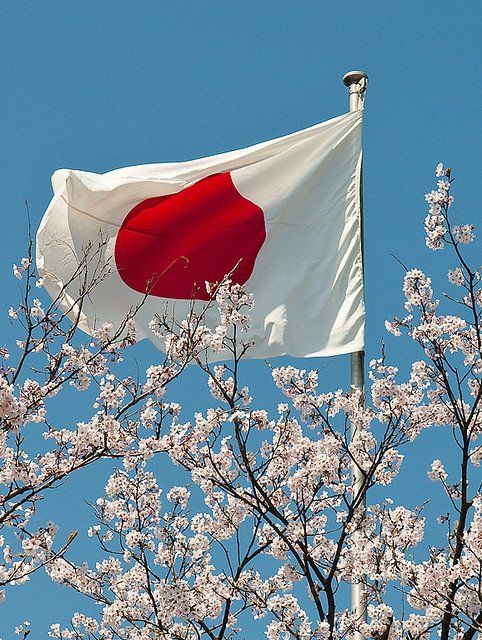
Vehicle laws play a crucial role in ensuring road safety, reducing environmental impact, and regulating the transportation sector. While many countries have comprehensive vehicle regulations, some stand out for their exceptionally strict and rigorous enforcement. This blog post explores the top three countries with the strictest vehicle laws, highlighting how these regulations contribute to safer and more sustainable transportation systems.
1. Germany

The Autobahn and Speed Limits
Germany is renowned for its Autobahn, a network of highways known for sections without mandatory speed limits. However, contrary to popular belief, Germany has stringent vehicle and road safety regulations.
Rigorous Vehicle Inspections: Germany mandates regular vehicle inspections, known as TÜV (Technischer Überwachungsverein). Every two years, vehicles undergo comprehensive checks for emissions, safety features, and overall roadworthiness. Failing these inspections can result in fines and mandatory repairs before the vehicle can be legally driven again.
Stringent Emission Standards: Germany has some of the strictest emission standards in the world. The country adheres to the European Union’s regulations, including the Euro 6 standard, which limits the emissions of nitrogen oxides (NOx) and particulate matter from diesel and gasoline vehicles. Non-compliance can lead to hefty fines and restrictions on vehicle usage.
Traffic Laws and Penalties: German traffic laws are strictly enforced. Speeding fines are progressive, meaning the faster you drive over the limit, the higher the fine. Additionally, Germany has a point system (Punkte in Flensburg), where accumulating points can lead to license suspension or revocation.
Environmental Zones
Germany has established environmental zones (Umweltzonen) in many cities. Only vehicles meeting specific emission standards are allowed to enter these zones. Violating these regulations can result in substantial fines, encouraging the use of cleaner vehicles and reducing urban air pollution.
2. Japan

Shaken: Vehicle Inspection System
Japan’s vehicle inspection system, known as Shaken, is one of the most stringent in the world. This mandatory inspection occurs every two years (after the initial three years for new vehicles) and covers extensive safety and environmental checks.
Comprehensive Checks: The Shaken process includes rigorous checks on brakes, tires, suspension, lights, and emissions. Any vehicle failing these checks must be repaired and re-inspected, ensuring that only safe and environmentally compliant vehicles remain on the road.
High Costs: The Shaken process can be expensive, often costing hundreds to thousands of dollars. This high cost discourages the use of older, potentially unsafe, or environmentally harmful vehicles, promoting a modern and efficient vehicle fleet.
Strict Traffic Laws
Japan enforces strict traffic laws with severe penalties for violations.
Zero Tolerance for Drunk Driving: Japan has a zero-tolerance policy for drunk driving. Even a small amount of alcohol in the bloodstream can lead to severe penalties, including hefty fines, imprisonment, and license suspension.
Seat Belt and Child Safety Laws: Seat belt use is mandatory for all passengers, and strict child safety seat regulations are in place to ensure the safety of younger passengers. Non-compliance can result in fines and points on the driver’s record.
Emission Regulations
Japan has stringent emission standards to combat urban air pollution and climate change. The country implements the Japan New Car Assessment Program (JNCAP), which includes emission standards that are among the toughest globally. Vehicles must pass these standards to be sold and driven in Japan, promoting cleaner automotive technologies.
3. Sweden

Vision Zero Policy
Sweden is a global leader in road safety, largely due to its Vision Zero policy, which aims to eliminate all traffic fatalities and serious injuries.
Innovative Infrastructure: Sweden invests heavily in road infrastructure designed to enhance safety. This includes features like roundabouts, pedestrian and cyclist-friendly roads, and separation of different types of traffic to reduce collision risks.
Strict Speed Limits: Speed limits in Sweden are strictly enforced, particularly in urban areas and near schools. Speed cameras are widely used, and penalties for speeding are severe, including fines and potential imprisonment for extreme violations.
Comprehensive Vehicle Inspections
Sweden mandates regular vehicle inspections to ensure safety and environmental compliance. These inspections are conducted every two years for vehicles older than three years. They include checks on brakes, tires, lights, emissions, and overall vehicle condition.
Emission Standards: Sweden adheres to the European Union’s stringent emission regulations, including the Euro 6 standard. Additionally, Sweden has its own national policies aimed at reducing vehicle emissions and promoting electric and hybrid vehicles.
Alcohol and Drug Policies
Sweden has one of the strictest policies on driving under the influence of alcohol or drugs. The legal blood alcohol concentration (BAC) limit is 0.02%, one of the lowest in the world. Violations result in severe penalties, including fines, imprisonment, and license revocation.
Random Testing: The police conduct random breathalyzer tests and drug screenings. Refusal to comply with testing is treated as an admission of guilt and carries the same penalties as a confirmed positive test.
Conclusion
The stringent vehicle laws in Germany, Japan, and Sweden serve as benchmarks for ensuring road safety, environmental sustainability, and the efficient regulation of transportation systems. These countries demonstrate that rigorous enforcement of vehicle regulations can lead to safer roads, reduced emissions, and a modern, sustainable automotive fleet. As other nations look to improve their own vehicle laws, the examples set by Germany, Japan, and Sweden provide valuable lessons in the pursuit of safer and more sustainable transportation.
